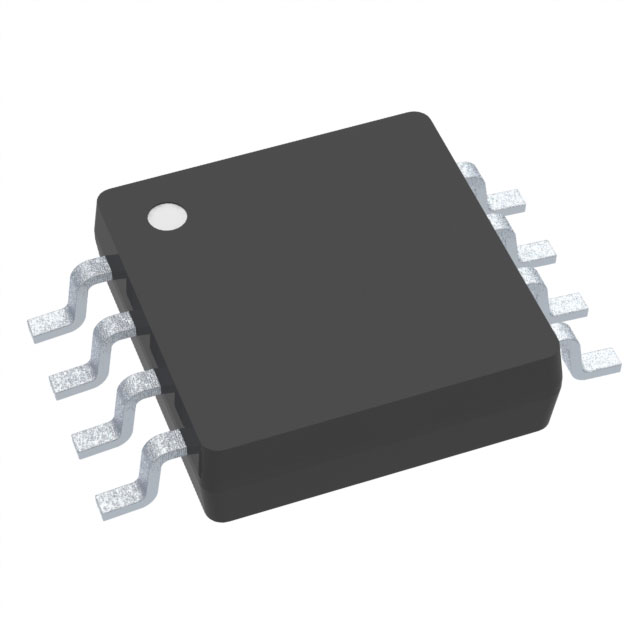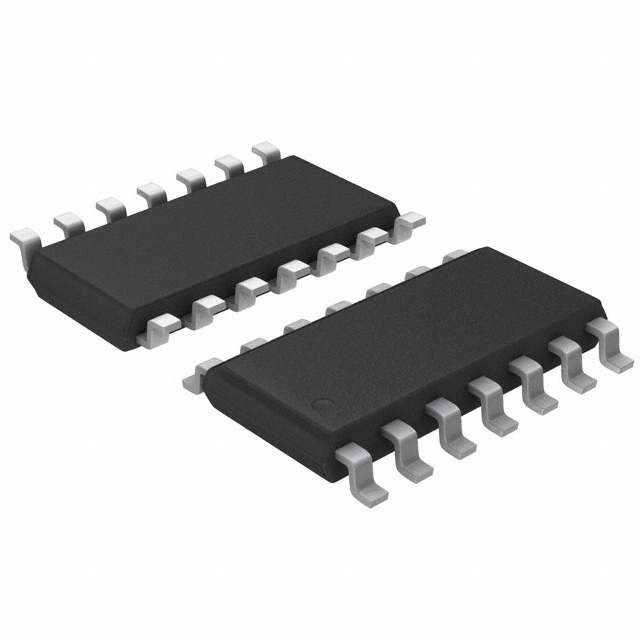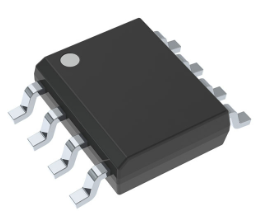- Online chat

LM2903DGKR
1. Overview
The LM2903DGKR is a dual differential comparator integrated circuit (IC) produced by Texas Instruments. Comparators are fundamental components in analog and mixed - signal circuits, used to compare two input voltages and provide a digital - level output based on the comparison result.
2. Key Features
2.1 Dual Comparator Configuration
The LM2903DGKR contains two independent comparators within a single package. This dual - comparator design is highly beneficial as it allows for the implementation of multiple comparison functions in a compact space, reducing the overall component count and board area in a circuit. It is suitable for applications where multiple voltage comparisons are required simultaneously, such as in battery - powered devices or multi - channel sensor interfaces.
2.2 Wide Supply Voltage Range
It can operate over a wide supply voltage range, typically from 2V to 36V. This wide range provides great flexibility in different power supply scenarios. Whether it is powered by a single - cell battery (e.g., a 3V lithium - ion battery) or a higher - voltage power source in an industrial environment, the LM2903DGKR can function properly, making it adaptable to a variety of applications.
2.3 Low Input Bias Current
The comparator has a low input bias current. Low input bias current is crucial as it minimizes the loading effect on the input signal sources. This is especially important when the input signals are coming from high - impedance sources, such as sensors or voltage dividers. By having a low input bias current, the LM2903DGKR ensures that the input signals are accurately compared without significant distortion.
2.4 Open - Collector Outputs
The outputs of the LM2903DGKR are open - collector configurations. Open - collector outputs offer flexibility in terms of interfacing with other components. They can be easily connected to pull - up resistors to generate the desired output voltage levels, and they can also be used for wired - AND connections, which is useful in some logic - level applications.
3. Applications
3.1 Voltage Monitoring and Level Detection
In power supply circuits, the LM2903DGKR can be used to monitor the voltage levels. For example, it can detect if the battery voltage in a portable device has dropped below a certain threshold and trigger an appropriate action, such as shutting down non - essential functions or providing a low - battery warning. It can also be used in over - voltage and under - voltage protection circuits in industrial power systems.
3.2 Signal Conditioning and Pulse Generation
The comparator can be used to convert analog signals into digital pulses. In sensor applications, it can compare the sensor output voltage with a reference voltage and generate a digital signal when the sensor reading crosses a certain level. This is useful in applications such as light - sensing circuits, where the comparator can be used to detect changes in light intensity and generate corresponding digital signals.
3.3 Motor Control
In motor control circuits, the LM2903DGKR can be used for speed control and direction control. It can compare the feedback voltage from a motor speed sensor with a reference voltage to adjust the motor's speed. Additionally, it can be used to determine the direction of the motor based on the comparison of different input voltages.
4. Electrical Specifications
4.1 Input Offset Voltage
The input offset voltage is a measure of the voltage difference that must be applied between the two inputs to make the output switch states. The LM2903DGKR has a specified input offset voltage, which affects the accuracy of the comparison. A lower input offset voltage generally results in more accurate voltage comparisons.
4.2 Propagation Delay
Propagation delay is the time it takes for the output to change state after a change in the input voltage. The LM2903DGKR has a defined propagation delay, which is an important parameter in high - speed applications. A shorter propagation delay allows for faster response times in the circuit.
4.3 Supply Current
The supply current indicates the amount of current the IC draws from the power supply. The LM2903DGKR has a relatively low supply current, which is beneficial for power - sensitive applications, as it helps to reduce the overall power consumption of the system.
In summary, the LM2903DGKR is a versatile and reliable dual differential comparator that offers a wide range of features suitable for various analog and digital - mixed applications, providing flexibility and performance in different electronic systems.







